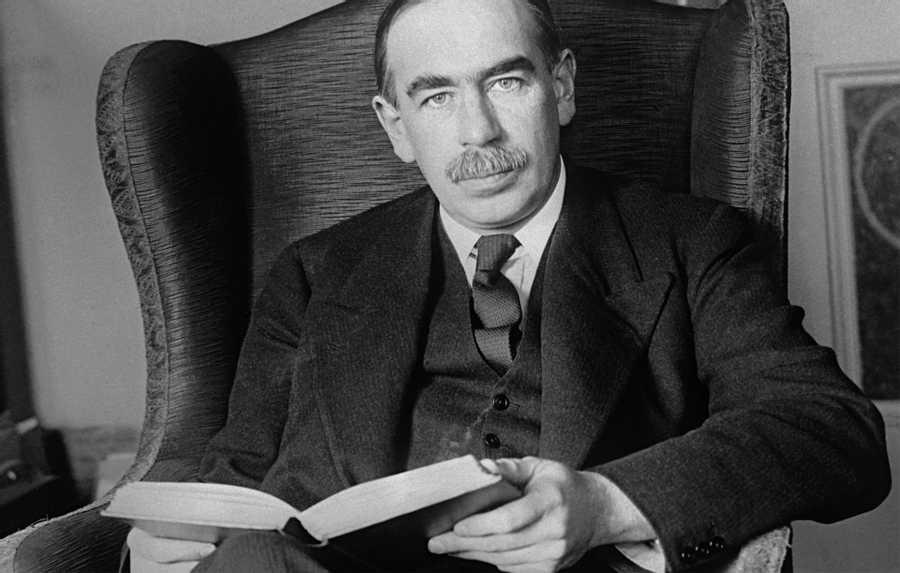Capitalism
In capitalist economies, governments play a minimal role in deciding what to produce, how much to produce, and when to produce it, leaving the cost of goods and services to market forces. When entrepreneurs spot openings in the marketplace, they rush in to fill the vacuum.
Capitalism is based around a free market economy, meaning an economy that distributes goods and services according to the laws of supply and demand. The law of demand says that increased demand for a product means an increase in prices for that product. Signs of higher demand typically lead to increased production. The greater supply helps level prices out to the point that only the strongest competitors remain. Competitors try to earn the most profit by selling their goods for as much as they can while keeping costs low.
Also part of capitalism is the free operation of the capital markets. Supply and demand determine the fair prices for stocks, bonds, derivatives, currencies and commodities.
In his seminal work, An Inquiry into the Nature and Causes of the Wealth of Nations , economist Adam Smith described the ways in which people are motivated to act in their own self-interest. This tendency serves as the basis for capitalism, with the invisible hand of the market serving as the balance between competing tendencies. Because markets distribute the factors of production in accord with supply and demand, the government can limit itself to enacting and enforcing rules of fair play.
1
2 reads
The idea is part of this collection:
Learn more about economics with this collection
How to make rational decisions
The role of biases in decision-making
The impact of social norms on decision-making
Related collections
Similar ideas to Capitalism
The philosophy of free markets
- Adam Smith advocated for reducing the role of government intervention and taxation in free markets, but he saw the government as responsible for a country's education and defence sectors.
- From Smith comes the idea of the "invisible hand" that guides the forces of supply and demand ...
Keynesian Economics
John Maynard Keynes (1883-1946) was interested in the level of national income and the volume of employment rather than in the equilibrium of the firm or the allocation of resources.
He was still concerned with the problem of demand and supply, but “demand” in the Keynesian model means the...
Demand shock
Demand shocks occur when the demand for products drops as people stop earning money. A tactic to fix this is to stimulate the economy. In 2008, Australia gave households cash and encouraged them to spend to jumpstart the economy.
In 2020, the problem is also a lac...
Read & Learn
20x Faster
without
deepstash
with
deepstash
with
deepstash
Personalized microlearning
—
100+ Learning Journeys
—
Access to 200,000+ ideas
—
Access to the mobile app
—
Unlimited idea saving
—
—
Unlimited history
—
—
Unlimited listening to ideas
—
—
Downloading & offline access
—
—
Supercharge your mind with one idea per day
Enter your email and spend 1 minute every day to learn something new.
I agree to receive email updates
